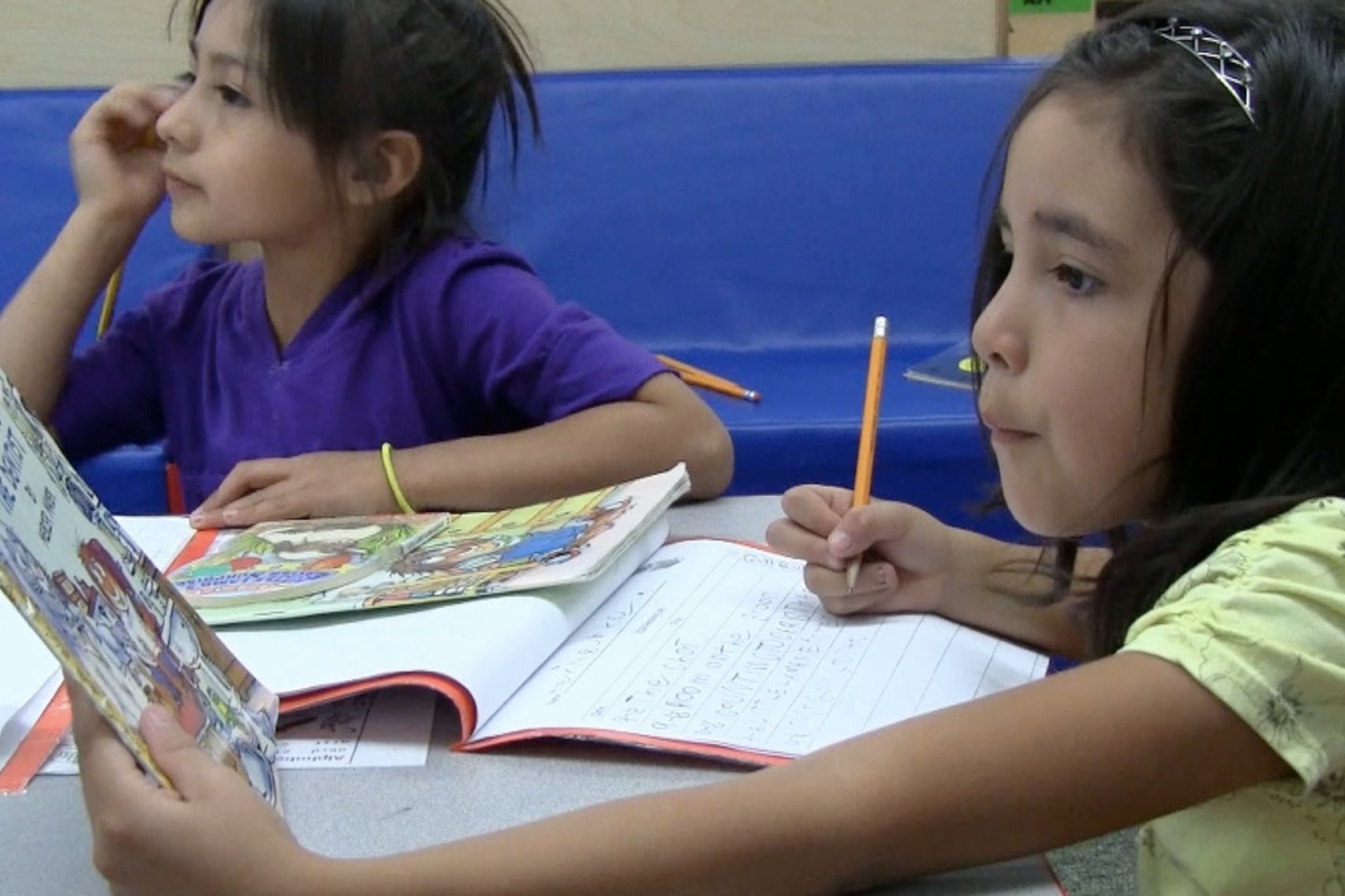The Denver school board issued a statement Thursday that urged parents to keep their children enrolled in public schools and think carefully before forming learning pods and micro-schools.
“We are deeply concerned about the pods’ long-term negative implications for public education and social justice,” the board members said in a statement posted to the district website and included in a weekly email to parents.
Citing the district’s history of school segregation and white flight, the board members continued: “While today our student body is as diverse as ever, our schools and communities suffer from segregation. We fear that further flight will exacerbate academic and opportunity gaps among our children.”
While some affluent parents have said they would like to offer space in their learning pods to those from lower-income families, the Denver school board said most parents won’t be able to achieve real equity.
“It is commendable that some pod organizers are looking to create diversity and equity within their pod, but many will find this difficult due to decades of racist residential zoning policies that have created segregated neighborhoods throughout Denver,” the board members said.
For pods to reflect the demographics of the district, they said, each one would need three students of color for every one white student and two students who qualify for subsidized lunches for every one who does not. They would also need at least one student with a disability and one learning English as a new language.
The board members called on parents to keep their children enrolled in school to protect the district’s funding, which is determined based on student count, and to “reject the notion of vouchers or stipends.”
Some Denver parents have announced their intention to withdraw as a protest against the district not meeting their children’s needs, and Republican lawmakers have said parents who do so should have access to the money the state would have otherwise given the district.
The board members also said parents considering forming a co-op with other parents should ask about guns in the home and make sure alcohol and prescription drugs are safely stored. They suggested that adults who will be working with children should undergo a background check and training in how to recognize and report signs of child abuse and suicide risk. Parents should not try to hire Denver Public Schools teachers or paraprofessionals to work privately with students, the statement says.
Board members also urged anyone planning to form learning groups to make sure everyone involved follows safety protocols related to COVID, so that the start of in-person learning isn’t delayed any further.
The Denver board’s strong statement stands in contrast to districts like Adams 12 that are facilitating learning pods for their students in an effort to create more equity in a movement that started among more affluent families. As districts announced a remote start to the school year, these parents looked for ways to improve upon the isolating and often inadequate online learning their children experienced in the spring.
Learning pods can take a variety of forms, from parents forming a co-op to take turns supervising online learning through their school district to parents withdrawing their children from public schools and hiring tutors to teach a small group of children.
There are also community-based efforts. Black leaders in northeast Denver are working to provide a safe space with adult supervision and internet access, as Denverite reported. In Jefferson County, the Edgewater Collective is looking to do the same, expanding on a smaller summer program.
Read the full statement here.






